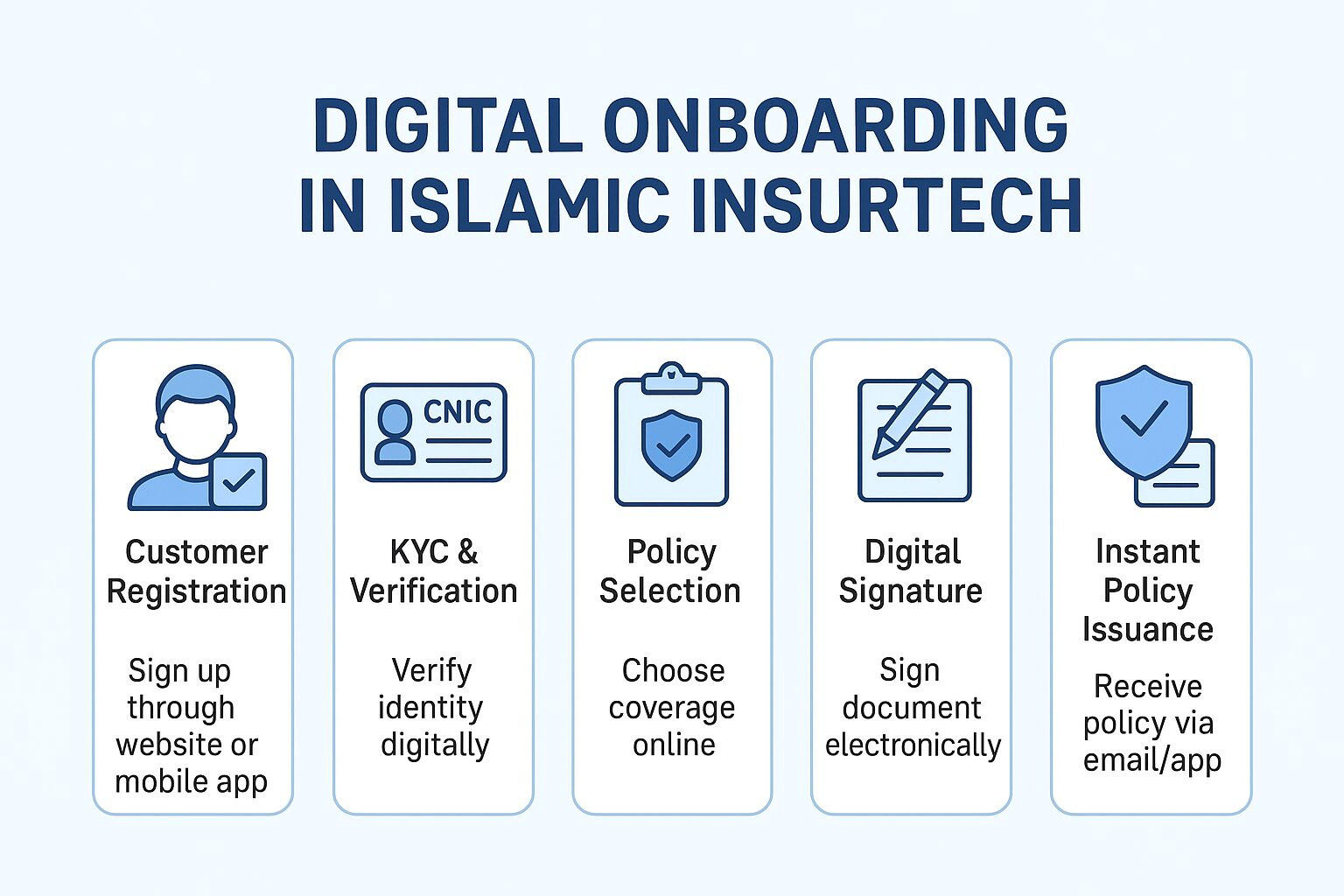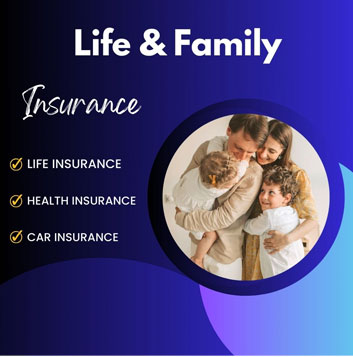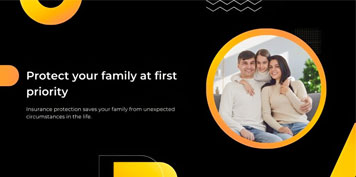Morocco Insurance Industry:
In Morocco, takaful insurance is controlled by legislation n°87.18, which amends and replaces law n°17-99 on insurance. Moroccan law defines takaful insurance as “an insurance transaction approved by the Ulema Higher Council with the goal of covering the risks covered by the Takaful insurance contract through a Takaful insurance account managed by a Takaful insurance company licensed to carry out Takaful insurance transactions for a fee. A Takaful insurance operation or an insurance undertaking’s activity of administering a Takaful insurance account may not, under any circumstances, result in the collection or payment of interest” (Lamsaddak et al., 2020).
Morocco received Islamic banking licenses first in 2017. Despite rapid growth, Islamic banking made up less than 1% of banking loans in 2018. (110 percent June 2018–April 2019). Most Islamic banks only offer mortgage and auto loans under “Murabaha” contracts, limiting retail consumer lending. Islamic banks can offer Takaful products to protect banks and banking transactions under the new sharia-compliant insurance law, expanding their product offerings.
Instead of Islamic windows, Morocco’s major conventional banks have Islamic divisions. Attijariwafa Bank’s Islamic Subsidiary Bank Assafa leads the market with 53 percent financing and 63 percent deposits. Moroccan legislation still lags behind that of other African nations, despite the government’s increased efforts to promote Islamic finance (FITCH WIRE, 2019).
IoT History:
A 1999 RFID developer proposed this. Kevin Ashton, a co-founder of the MIT Auto-ID Center, showed P&G top management the internet of things in 1999 to draw attention to RFID. Cellphones, internet, cloud computing, and big data analytics have made this idea popular in the 21st century. IoT is hardware/software (Keyur & Sunil, 2016).
Communication—the transfer of data—begins the Internet of Things. In 1816, the electric telegraph was invented, and in 1870, the telephone. The 1880s saw radio waves. Radio and TV are communications. Fax, invented in the 1890s, delivered scanned text to printers. The 1940 centralized mainframe system was computed on one computer and displayed results on another. 1960 invented data packet switching, which splits data and sends it to many computers.
TCP/IP connected devices to computer networks in 1970. Three inventors created the internet in 1974. TCP/IP connects devices worldwide. Internet revolutionizes all business operations and trading styles shown in Figure 12. (Cohen-Almagor, 2011).
IoT technology architecture comprises the following steps: Perception/Sensors and Actuators, Preprocessing, Communication, Middleware (Pallavi & Smruti, 2017). Applications of IoT are in the following sectors: Smart technologies include smart homes, smart cities, smart transportation, smart water systems, and smart health (Pallavi & Smruti, 2017).
Benefits of IoT in Insurance Industry:
IoT data allows for customized insurance policies. Predictive services improve customer satisfaction. For instance, telematics devices can alert drivers if their car’s speed exceeds the limit, helping to prevent accidents. IoT devices installed on homes in home or property insurance can alert policyholders if a water leak or smoke exceeds the limit.
Doctors and insurance companies can use IoT to monitor patient conditions and provide timely treatment. Healthy customers get premium discounts. The Internet of Things helps prevent claims. IoT data on claim causes and timing saves insurers money. Claimants can get their money immediately. IoT devices lower HR costs, lowering business costs (Pallavi & Smruti, 2017).
overall, IoT can generate revenue in Morrocco almost US$790.30m by 2024 as per report of statista. IoT adoption encounters following challenges: data security and integration complexities. If infrastructure is built, operational efficiency and customer experience are expected to grow in the coming years. However, government is also showing interest in this project by planning to initiate a smart Morroco. Many startsup are establishing its footprints like Hyperlinkinfosystem, mutationevent, One Fancy, Fornet, Hidden Founder, ETC Marco, Algo Consulting Group, tudioweb, and Masarat App. Cybersecurity is hotlist in Morocco due to expansion of digital usage in the country.






